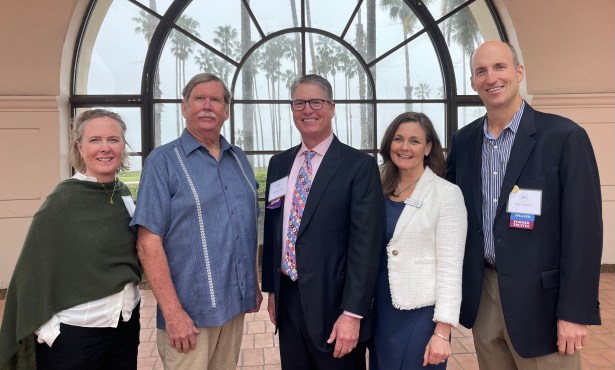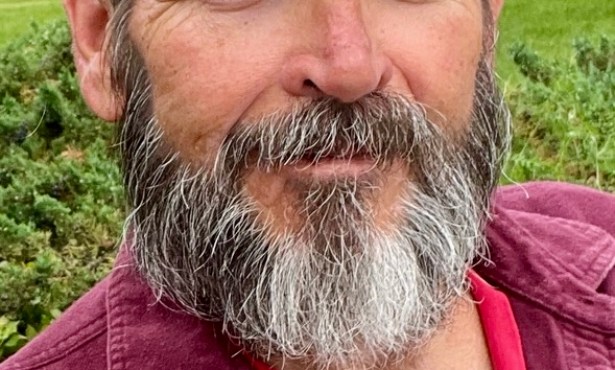J Is for Jealousy
Davis Buss is one of the leading lights of evolutionary psychology, a controversial discipline holding that human psychology was designed via natural selection to solve problems faced by ancestors who lived in hunter-gatherer societies way back home in the Pleistocene epoch. Buss is a close colleague to evolutionary psychologists at UCSB and SBCC, who insisted that he was the scholar to talk to if one had questions about jealousy. His other areas of research include status and prestige, homicide, and anti-homicide defenses. Buss is a professor at the University of Texas and the author of several popular books including The Dangerous Passion, which is all about jealousy and actually defends it as a necessary and important instinct, as well as The Evolution of Desire and The Murderer Next Door. He also wrote the seminal college text Evolutionary Psychology: The Science of the Mind.
There are those who view jealousy as a kind of basic instinct or emotion in itself, and those who believe it is a combination of other emotions. Do you know of any biological or genetic evidence either way?
 The answer is “both.” It depends, of course, on how one defines “basic.” I define it as an evolved emotion with a specified function or set of adaptive functions. On that definition, jealousy is certainly basic-it’s an evolved emotion with various functions, including mate guarding, increasing paternity certainty (for men), maintaining a partner’s commitment, testing the strength of bond, etc. However, it is also certainly a blend of different emotions, including rage, sadness, humiliation, etc.
The answer is “both.” It depends, of course, on how one defines “basic.” I define it as an evolved emotion with a specified function or set of adaptive functions. On that definition, jealousy is certainly basic-it’s an evolved emotion with various functions, including mate guarding, increasing paternity certainty (for men), maintaining a partner’s commitment, testing the strength of bond, etc. However, it is also certainly a blend of different emotions, including rage, sadness, humiliation, etc.
One would hope that such a punishing emotion as jealousy would at least point the way to a behavior that relieves the discomfort. For example you’re hungry, you want to eat. If you feel love, you hug or smile or give gifts or praise or seek the person’s company. But what is jealousy telling you to do?
Jealousy motivates several things, including increases in mate guarding and beating back mate poachers. The suffering from jealousy is alleviated when the mate poacher is successfully repelled and the partner successfully retained. As a crude analogy, physical pain is highly unpleasant, but without it, we would die an early death because we would expose our bodies to life-threatening injuries and be oblivious to their consequences. Nonetheless, it feels terrible when you experience it. Similarly, without jealousy, we would be oblivious to mate poachers and a partner’s potential defections. Although jealousy is usually painful psychologically, without it we would be more likely to lose our mates and negate the functions that jealousy has evolved to accomplish.
What are the situations that trigger jealousy?
They are many, including: interest from mate poachers; cues to sexual infidelity; cues to emotional infidelity; discrepancies in mate value, where one partner is or becomes more desirable on the mating market than the other. In general, the lower mate value partner becomes more jealous.
Are there medications that banish jealousy?
I don’t know of any that “banish” jealousy, but of course there are drugs that can blunt the effect (e.g., opiates; barbiturates) as well as those that can exacerbate jealousy (e.g., alcohol). No drug has specifically been devised to banish jealousy.
Are some societies, communities, or families organized in ways that minimize jealousy, or that make it more useful?
There are social institutions in some societies that minimize likelihood of infidelity, and hence reduce the activation of the emotion of jealousy. These include putting women in harems guarded by eunuchs; burkas; veils; having females live with natal family until marriage; etc. I don’t know of any that somehow harness jealousy to “make it more useful.”



